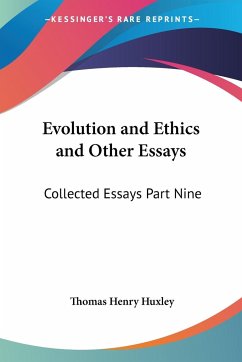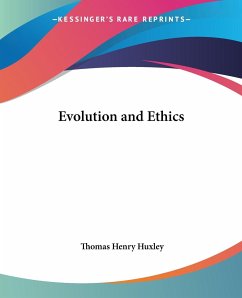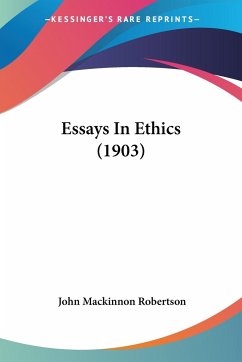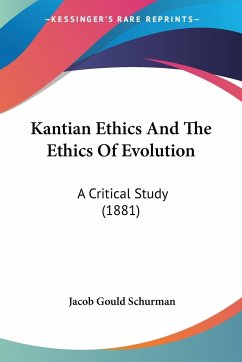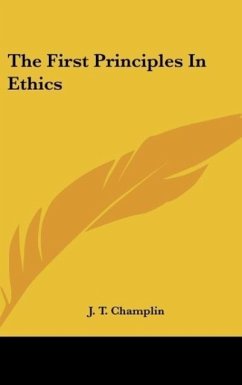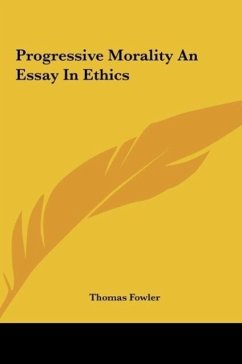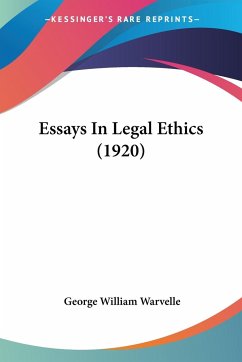Evolution and Ethics and Other Essays: Collected Essays V9 is a book written by Thomas Henry Huxley, a prominent British biologist and philosopher of the 19th century. The book is a collection of essays that explore various topics related to evolution, ethics, and philosophy. The essays in this book were written over a span of several years and cover a wide range of subjects, including the relationship between science and religion, the nature of morality, the evolution of human society, and the role of science in society. One of the central themes of the book is the idea that evolution is not just a biological process, but also a social and ethical one. Huxley argues that the principles of evolution can be applied to human society, and that ethical behavior can be understood as a product of evolutionary processes. Another important theme of the book is the relationship between science and religion. Huxley was a strong advocate for the separation of church and state, and he believed that science and religion should be kept separate. He argues that science is based on evidence and reason, while religion is based on faith and belief. Overall, Evolution and Ethics and Other Essays: Collected Essays V9 is a thought-provoking and insightful collection of essays that offers a unique perspective on the relationship between science, ethics, and society. It is a must-read for anyone interested in the history of science and philosophy.1911. A volume of essays by Huxley, the celebrated 19th Century English biologist known as Darwin's Bulldog for his defense of Charles Darwin's theory of evolution. Huxley's Collected Essays speak to the what, where, when and how of one of the nineteenth centuries brightest minds. Contents: Evolution and Ethics. Prolegomena (1894); Evolution and Ethics (1893); Science and Morals (1886); Capital-The Mother of Labour (1890); and Social Diseases and Worse Remedies (1891). See other titles by this author available from Kessinger Publishing.This scarce antiquarian book is a facsimile reprint of the old original and may contain some imperfections such as library marks and notations. Because we believe this work is culturally important, we have made it available as part of our commitment for protecting, preserving, and promoting the world's literature in affordable, high quality, modern editions, that are true to their original work.
Hinweis: Dieser Artikel kann nur an eine deutsche Lieferadresse ausgeliefert werden.
Hinweis: Dieser Artikel kann nur an eine deutsche Lieferadresse ausgeliefert werden.

